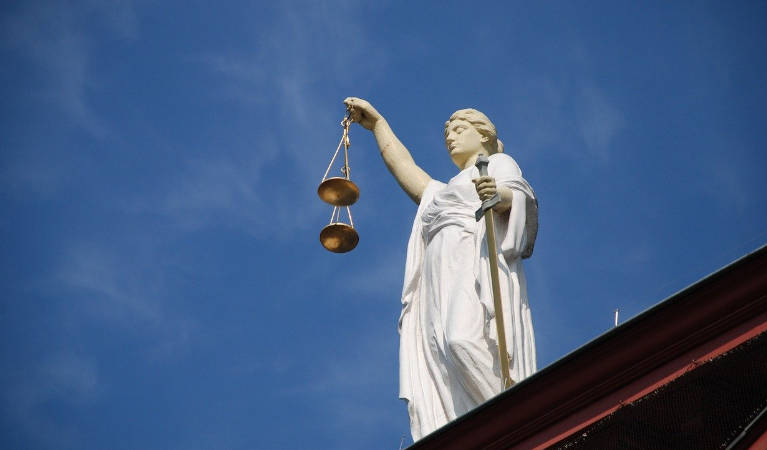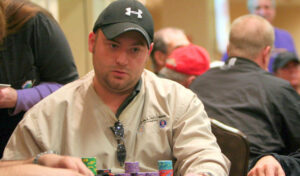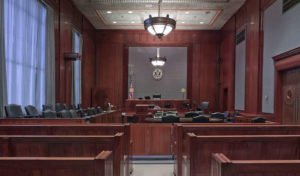The Mike Postle saga continues at full bore with the embattled player facing new challenges. Mac VerStandig has filed a motion for sanctions against the player, on behalf of nearly 90 plaintiffs he now represents, seeking damages from Postle, who has allegedly cheated during a tournament. Yet accusations against the player go all the way back to 2019.
The case so far has been a series of shifts of blame, motions to dismiss and the growing impatience of a long and expanding list of plaintiffs. In VerStandig’s motion for sanctions, the lawyer argues that Postle’s documents have been written by attorneys whereas Postle claims to represent himself.
While this might not seem like much at first blush and everyone should be entitled to legal counsel, according to VerStandig, that is a violation of the Federal Rules of Civil Procedure, offering the plaintiffs another opportunity to prod for chinks in Postle’s battered armor.
So, What’s the Story So Far?
If you haven’t been paying attention, the whole story could take you a little by surprise. To simplify for you, Postle was accused of cheating, with the allegations of the misdeed stretching all the way back to 2019.
Plaintiffs insisted that Postle had cheated during livestreamed poker games – the nerve! – at Stones Gambling Hall in California. VerStandig and his clients, though, aren’t letting go the casino go unscathed as well, and Justin Kuraitis and Stones Gambling Hall are also defendants in the case
Kuraitis and SGH did try to dismiss the charges a few weeks ago, but VerStandig just thought it appropriate to take a step back, amend the lawsuit, and add two more plaintiffs to the complaint – which he did.
It seems that every time Postle and co-defendants try to dismiss the charges and stop the thing progressing to a court of law, VerStanding has a response which usually makes things worse for the defendants in the long-term.
Postle Probably Doesn’t Represent Himself
One particular phrasing stuck out in Postle’s attempts to dismiss the matter altogether, at least legally. He specifically said that the case against him should be dismissed: “for failure to state a claim upon which relief may be granted and failure to allege claims of fraud and misrepresentation with the required particularity.”
Clearly, Postle has an intimate familiarity with the law – either that or, as VerStanding suggests, he may have had legal help – which only stands to reason.
However, the plaintiffs are also legally bound to object to Postle’s false claim of representing himself and then seeking professional help. One name that has come up is that of William Portanova, an attorney who is now thought to work closely with Postle on the case.
But why is this important? According to VerStanding that stems from the fact that it “deprives all involved of the opportunity to meaningfully interact with counsel concerning the arguments being made.”
And while the professional tone of voice should be paramount in court proceedings, VerStanding, a poker player himself, didn’t spare his genuine opinion of the man saying that Postle was but a middling poker player who had stolen hundreds of thousands of dollars in what is (one of) the largest known cheating scandal in the history of the game.







